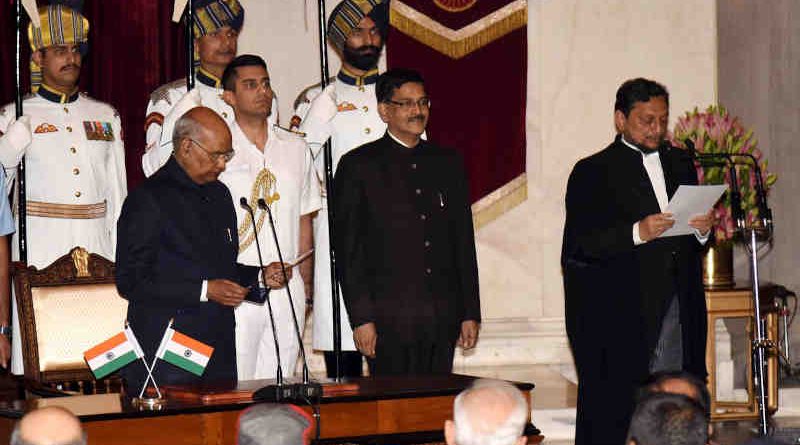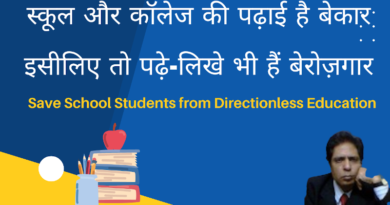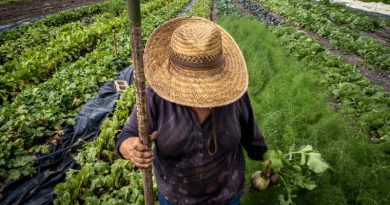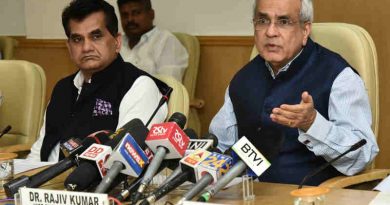Farm Feud: Supreme Court Jumps in to Rescue Modi Govt

In all autocratic regimes that work under the garb of democratic systems, the rulers silently use courts to impose their own decisions on citizens and suppress all kinds of dissent.
By Rakesh Raman
As it was expected, the Supreme Court of India has cleverly used its uncontestable authority to save the government of Prime Minister (PM) Narendra Modi in its conflict with the protesting farmer unions.
With the ostensible decision to favor the protesting farmers, the top court surreptitiously helped the government by staying the execution of three contentious farm laws.
Although the farmer unions never demanded the deferment of the farm laws, the court ordered the government to postpone the implementation of laws, a dubious judicial action that gives a face-saving option to the Modi government which has failed to stop farmers’ protest.
Heading a three-judge bench, Chief Justice of India SA Bobde suspended the implementation of the three farm laws on January 12 until further orders. And strangely, the Modi government – which has been hell-bent to impose the laws on farmers – did not challenge the court decision.
Further, in order to give a safe passage to the Modi government – which is under a severe stress because of the farmers’ movement – the court formed a four-member committee to review the farm laws passed by the Modi government in September.
Astonishingly, the Supreme Court – which has almost lost its credibility during the past few years – did not follow a transparent procedure to form the review committee.
According to farmer unions, the court has formed the committee in haste with committee members who are close to the government. Instead of forming the committee in an impromptu manner, the court should have invited the candidature from different domain experts. [ Click here to watch a related video. ]
As the Supreme Court does not dare to challenge the decisions of the Modi government, it has taken a slew of controversial decisions to help the government during the past few years of Modi’s rule.
For example, the Supreme Court judges failed to stand with spine in the Ayodhya temple case, Rafale corruption case, Sanjiv Bhatt case related to Gujarat pogrom, Article 370 case of Kashmir, Judge Loya death case, Gujarat riots case, and the Citizenship Amendment Act (or CAA) case.
Recently, facing a contempt-of-court case, lawyer-activist Prashant Bhushan alleged that half of the 16 Chief Justices of India were corrupt. While the court thought it is a contempt of court, Bhushan counters by saying that he has substantiated his comments by filing affidavits that detail corruption of the judges. He also prefers the Supreme Court to discuss this case thoroughly so that truth about corruption in the judiciary could come out.
|
Rural Resistance: Protests by Farmers Raman Media Network (RMN) Company – which is working in diversified content creation, management, and distribution businesses on a global scale – has launched “Rural Resistance: Protests by Farmers” editorial section. This section under the RMN news service has been created to cover the agricultural reforms and ongoing farmers’ protests in India. It will carry news, views, and related developments and invites farmers as well as farming experts to share their views which will be published on the site. You can click here to visit the section. |
Similarly, according to reports, the Supreme Court rejected a plea seeking directions to transfer all contributions made to the Prime Minister’s Citizen Assistance and Relief in Emergency Situations Fund (PM-CARES Fund) to the National Disaster Relief Fund (NDRF), a public account which is auditable and publicly available.
Many people believe that after the court’s refusal to probe the corruption in Modi’s Rafale deal, this case of PM-CARES Fund has also been brushed under the carpet. While Modi had created the Fund secretly to collect donations to deal with Covid-19 pandemic, the Modi government refuses to divulge the account details without giving any valid reason for refusal.
It is being increasingly observed that in all autocratic regimes that work under the garb of democratic systems, the rulers silently use courts to impose their own decisions on citizens and suppress all kinds of dissent.
That’s what farmers have been experiencing in their fight with the Modi government which is leaving no stone unturned to misuse its majority in the parliament as well as the courts to discredit the farmers and their struggle.
Therefore, the protesting farmers have refused to acknowledge the Supreme Court decisions and they have said categorically that they will not discuss their grievances with the court-appointed committee. Their immediate demand is to get the farm laws repealed through the Modi government.
By Rakesh Raman, who is a national award-winning journalist and social activist. He is the founder of a humanitarian organization RMN Foundation which is working in diverse areas to help the disadvantaged and distressed people in the society. He also runs F A C T (Farm And Crop Times) news magazine on global farming and agricultural affairs.






